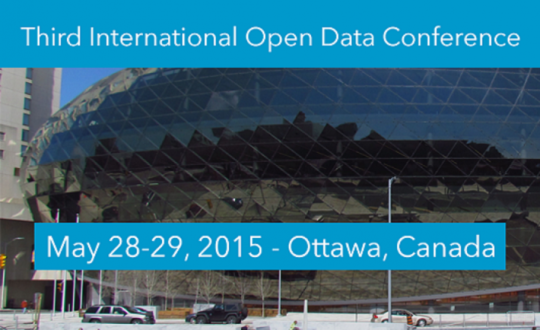News from the parliamentary monitoring community:
In Guatemala, Congreso Transparente is promoting an online campaign to press the Congress to adopt a Manual on Legislative Transparency, which is based on the Declaration on Parliamentary Openness.
In Chile, Fundación Ciudadano Inteligente, Fundación Pro Acceso, and Chile Transparente released an open letter raising concerns about a bill before Congress that would amend the Chilean FOI law. In light of the current scandal, Sunlight Foundation and other regional PMOs also released a statement calling on the government to reform political finance regulations and the relationship between the public and private sectors.
Also in Chile, Fundacion Ciudadano Inteligente released a study reviewing Chilean president Michelle Bachelet’s first year in office. The results showed that after one year in office she has introduced 41.8% of the laws promised during her campaign.
In Morocco, Sim Sim Participation Citoyenne launched a new tool on its Nouabook.ma website that allows citizens to ask questions and get answers from their MPs using video. In particular, the new feature will help illiterate citizens interact directly with their MPs.
In Uganda, Parliament Watch held a tweet chat with young MPs to discuss youth representation and how to make legislation more relevant to young people. Participants highlighted the importance of social media in bringing discussions about governance to the citizens and improving communication between youth and their representatives.
In Colombia, Transparencia por Colombia released results for the fourth national survey on anti-bribery practices in the private sector as well as an assessment that considers the transparency of sub-national government agencies.
In Ecuador, Observatorio Legislativo presented a report analyzing the performance of Ecuador’s National Assembly over the last two years. The report reviews laws discussed, MPs’ individual performance, government oversight, and institutional transparency.
In the UK, following recent elections, MySociety has updated WriteToThem.com to allow citizens to contact newly elected MPs.
In Georgia, Transparency International Georgia won a freedom of information case against Georgia’s Ministry of Interior. This court decision sets a precedent that would make it more difficult government agencies to refuse information requests based on personal data protection claims. The organization also released its annual report.
In Cambodia, the Committee for Free and Fair Elections released an educational video to raise awareness about electoral reform, specifically looking at reforms that will improve elections in the country.
In Mexico, Borde Politico, in association with Harvard University and New York University, released an infographic that summarizes the results of a study which tracked the use of funds earmarked for infrastructure by municipal governments. The study reviewed audits from Mexico’s Supreme Audit Institution to identify how much money municipal governments had to invest in infrastructure and to find out what proportion of those funds was used to develop infrastructure projects that meet the needs of the poor.
In Spain, Fundacion Civio, in association with el El Confidencial, Tecnilógica, Iron Hack, and CartoDB, hosted a hackathon exploring new ways to use, create, and share electoral information.
Click here to read more.
